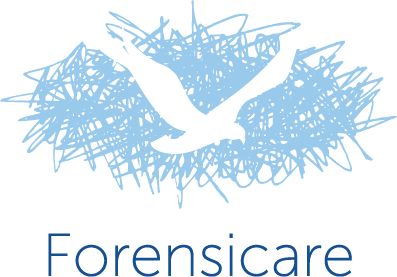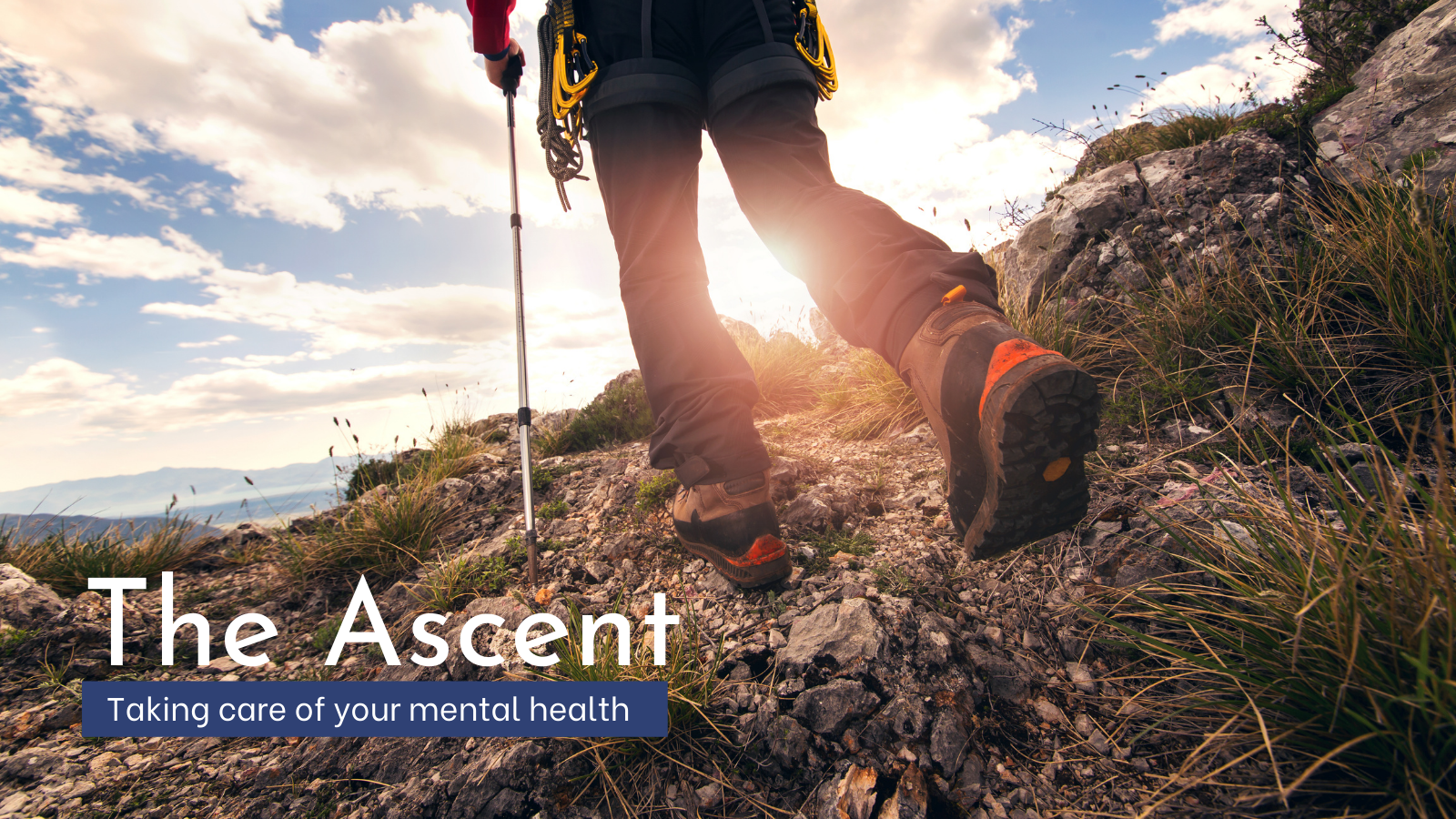Approaching 2022 with all that’s come before
Well, it’s been an interesting start to the year!
The new year is often a time of excitement and (dare we say!) hope for the year ahead. But unfortunately, 2022 started much the same way (worse?!) than we ended 2021. Many of us, even those who were able to take a break, are feeling worn out, tired, overworked, and trying to figure out what comes next.
As we head into 2022, we want to dedicate this first issue of the Ascent to noting the impact of burnout and importantly, highlighting the potential for growth during the year ahead. There is no denying that this new year is different from those of the past, and we may need to change up how we approach our plans and dreams for the year.
As you likely know, burnout is exhaustion, cynicism about (or other unsavoury feelings), and mental distancing from one’s work, which follows chronic workplace stress. While the challenges of burnout existed in the mental health workforce long before COVID, the past two years have understandably contributed to an increase. It would be fair to say all of us experienced stress over the previous year, some of us burnout. Many of us may also be feeling the lingering effects, even after some time away – so facing another year of COVID-related complications seems daunting.
There are also those of us who have found ways to function and even thrive, despite the challenges of 2020 and 2021, illustrating the human potential for resilience or post-traumatic growth. The good news is, anyone can learn to be more resilient. The year ahead need not be a repeat of 2021, even if those familiar feelings of pessimism, uncertainty, fatigue or apprehension are vying for our attention. So what can we do?
Set realistic goals. For a lot of people, the beginning of a new year represents an opportunity for renewed optimism and a clean slate. But the reality is, 2022 began the way 2021 ended. Our hopes and expectations about what it means to ‘live with COVID’ may have been shaken. Consider downsizing your expectations. Set goals that are reasonable and make sense. Goals that reflect where find yourself at the time.
Seek out social support and connection. While our perception and outlook on the pandemic is influenced by a multitude of factors like personal experiences with infection, personal finances, and news and social media, it is also influenced by the nature and quality of our day-to-day relationships. Recent evidence shows that positive relational experiences have a beneficial impact on how manageable we perceive the pandemic to be and also on the level of hope and optimism we hold for the future (Merolla et al., 2021).
Cultivate a positive outlook. We know optimism doesn’t come easily to everyone. Some of us might even roll our eyes at the idea. But just to be clear, as aptly put by Merolla et al (2021), we are “… not (talking here) about unrealistic optimism, a cognitive distortion … Rather, we are focusing on optimism-as-perseverance in the face of an uncertain and challenging situation”. This is similar to what Frankl (1984) termed “tragic optimism,” or the ability to maintain a sense of meaning and belief in a better future even when faced with suffering.
Perhaps you can ask yourself – what are the lessons I have learned from the last few years (professionally and in your personal life)? What meaning can I take from my experiences? What’s one thing that’s different this year, that I’m grateful for or which presents an opportunity for me?
Cultivating a positive outlook may be just what is needed to give you the confidence to start something new, or to set reasonable goals for the year rather than resigning ourselves to another year of ‘pandemic life’.
What has become even more clear over the past two years is that we have more strength and resilience than most of us knew. This year offers an opportunity to highlight and cultivate this strength. Living with COVID (and working tirelessly through it!) can be about more than just survival – it can be an opportunity to become stronger – individually and collectively.





